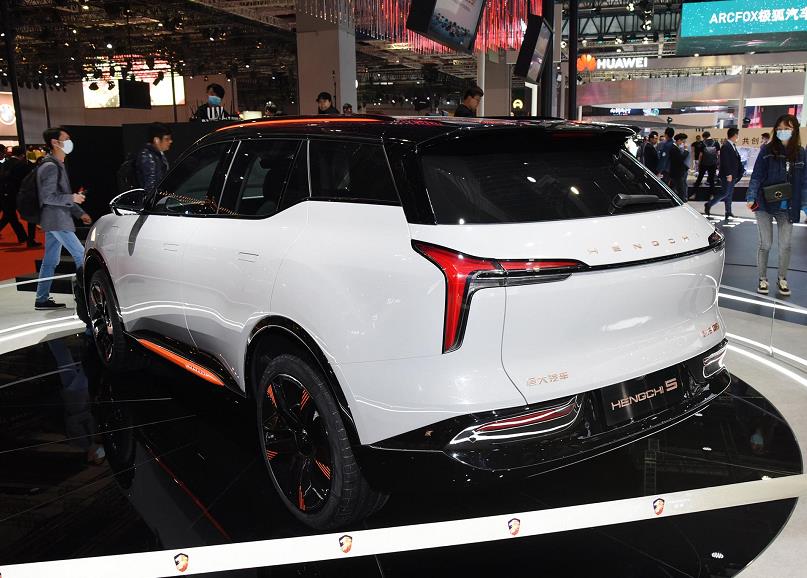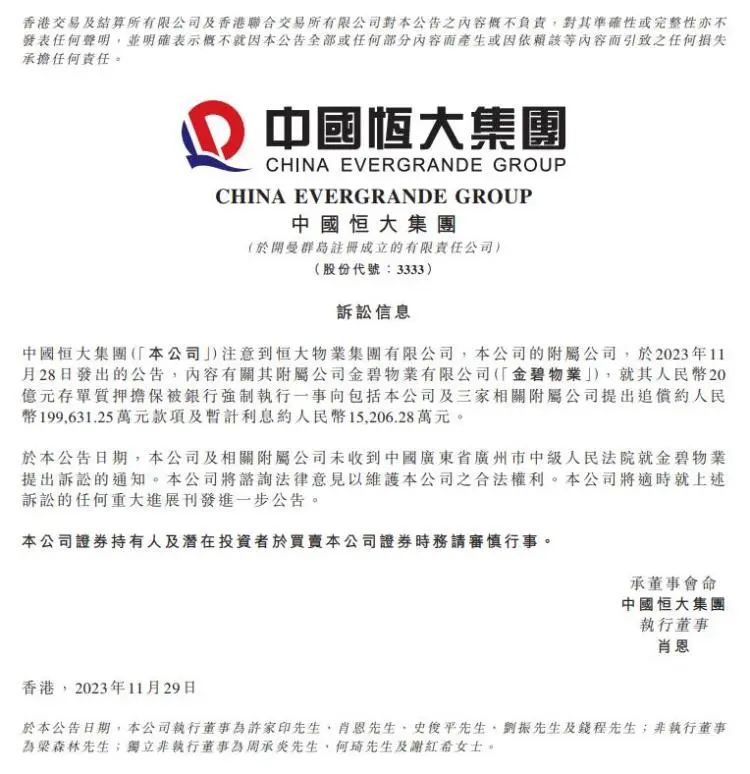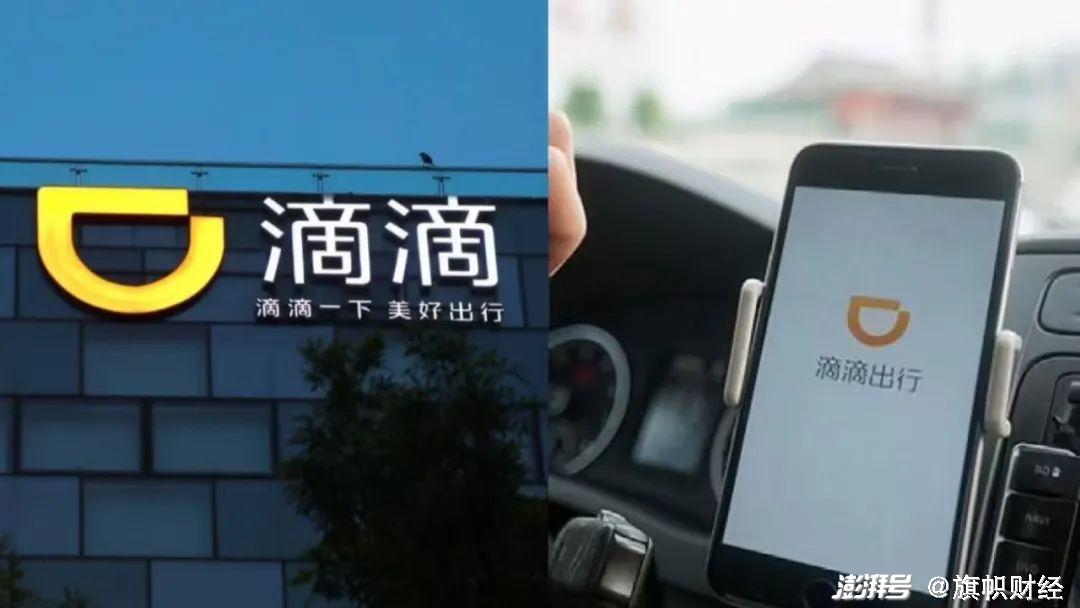General Office of Beijing Municipal People’s Government
About deepening reform and promoting the taxi industry
Implementation Opinions for Healthy Development
District people’s governments, municipal government committees, offices, and bureaus,Municipal institutions:
In order to fully implement the "Guiding Opinions of the General Office of the State Council on Deepening Reform and Promoting the Healthy Development of the Taxi Industry" (Guoban Fa [2016] No. 58), actively and steadily promote the reform of the taxi industry in this city, and better meet the diverse travel needs of the people, with the consent of the municipal government, the following implementation opinions are hereby proposed.
Guiding ideology and work objectives
(1) Guiding ideology.
Deeply implement the spirit of the 18th National Congress of the Communist Party of China and the Second, Third, Fourth, Fifth and Sixth Plenary Sessions of the 18th Central Committee of the Communist Party of China, thoroughly study and implement the spirit of the series of important speeches of the General Secretary of the Supreme Leader and the important instructions to Beijing, earnestly implement the decisions and arrangements of the Party Central Committee and the State Council, firmly establish the development concept of innovation, coordination, green, openness and sharing, adhere to the basic idea of giving priority to the development of public transportation and the appropriate development of taxis, in accordance with the principle of "passenger-oriented, reform and innovation, overall consideration and standardization in accordance with the law", actively and steadily promote the reform of the taxi industry in this city, effectively improve the service level and supervision capacity, and strive to build a diversified and differentiated travel service system to better
(2) Work objectives.
Promote the integrated development of cruise taxis (hereinafter referred to as cruise cars) and online rental cars (hereinafter referred to as online taxi-hailing), promote the transformation and upgrading of cruise cars, standardize the operation of online taxi-hailing, improve the management and service level of the industry, promote the sustainable and healthy development of the industry, and provide the public with safe, convenient, comfortable and economical personalized travel services.
Second, clarify the positioning of the taxi industry
(3) Scientific positioning of taxi services. Taxi is an integral part of the urban comprehensive transportation system, a supplement to urban public transportation, and provides personalized transportation services for the public. Taxi services mainly include cruises, online reservations, and other methods. The city will continue to give priority to the development of public transportation, develop taxis moderately, optimize the urban transportation structure, and build a super-large urban passenger transportation pattern with diverse and differentiated services.
(4) Establish a dynamic regulation and control mechanism for the total amount. Implement the strategic positioning of the capital city, comprehensively consider the city’s population, economic development level, air quality, urban traffic congestion, public transportation development level, taxi mileage utilization rate and other factors, rationally grasp the scale of taxi transportation capacity and its share in the urban comprehensive transportation system, and establish a dynamic monitoring and adjustment mechanism. Carry out a scale assessment of the total number of taxis, and prepare a development plan and implementation plan for the taxi industry, which will be implemented after approval by the municipal government.
III. Deepening the reform of cruise vehicles
(5) Reform the management system of operating rights. Adhere to the implementation of the free use of vehicle operating rights, and the term of the operating rights of cruise vehicles is the same as the period of vehicle scrapping. The new operating rights of cruise vehicles shall be subject to period restrictions, and the operating entity shall not be changed without authorization. If the operating rights of existing cruise vehicles do not specify the specific operating period, all factors shall be comprehensively considered, a transition plan shall be scientifically formulated, and the operating period shall be reasonably determined. Establish and improve the allocation and management system of operating rights guided by service quality and reputation. If the operating rights expire or there are major service quality problems, major safety production liability accidents, serious illegal business activities, and unqualified service quality and reputation assessments during the operation process, the operating rights shall be recovered in accordance with relevant regulations.
(6) Perfect the benefit distribution system. Cruise car operators shall sign employment contracts and contracts with drivers in accordance with the law to build a harmonious labor relationship. Encourage, support and guide cruise car operating enterprises, industry associations, cruise car drivers and trade union organizations to negotiate on an equal footing to determine the contract fee standard or quota task, and dynamically adjust it according to factors such as operating conditions, cost and freight changes. If the existing contract fee standard or quota task is too high, it should be reduced. Taxi car industry associations shall organize and guide cruise car operating enterprises to actively explore the use of Internet technology to build a business model in which enterprises and drivers share operational risks and distribute interests reasonably.
(7) Straighten out the price formation mechanism. Cruise vehicle freight rates are subject to government-guided prices. It is necessary to comprehensively consider factors such as the operating costs of cruise vehicles, the income level of drivers, and the overall development of urban transportation. Continuously improve the formation mechanism of cruise vehicle freight rates and the linkage mechanism between freight rates and fuel prices. Improve pricing rules, scientifically formulate and timely adjust the level and structure of cruise vehicle freight rates, and give full play to the leverage of freight rates to adjust the supply and demand relationship in the taxi transportation market.
(8) Encourage companies to operate on a large scale. Study and formulate supporting policies to encourage cruise car operators to integrate resources through mergers, reorganizations, and other means, implement intensive and large-scale operations, give full play to their backbone leading role, and improve industry management and service levels. Measures for the implementation of the transfer, transfer, and share purchase of cruise car operators’ vehicle operating rights shall be formulated in accordance with the law. Individual industrial and commercial households of cruise cars shall be encouraged to jointly establish companies of a certain scale or join existing cruise car operating enterprises by means of shares, etc., implement organized management, improve service quality, reduce management costs, and enhance anti-risk capabilities. Encourage cruise car operating enterprises to take passenger needs as the guide, continue to increase the intensity of driver training, take the initiative to disclose service standards and service quality commitments, and actively carry out safety, integrity, and quality service creation activities; strengthen the main responsibility of cruise car operating enterprises, vigorously promote enterprise branding, and effectively improve the level of management services. Improve the assessment and evaluation system for cruise car operating enterprises, improve the content and methods of assessment, regularly publish the assessment results and evaluation, and establish an incentive and restraint mechanism that conforms to the characteristics of cruise car operation.
(9) Promote the transformation and upgrading of the industry. Encourage cruise car operators and online ride-hailing platform companies to adopt mergers, restructurings, and absorbing shares to achieve the integrated development of new and old business models. Revise the technical specifications of cruise cars and improve vehicle technical standards. Encourage cruise car operators to follow the idea of "Internet + taxi", make full use of Internet information technology and the advantages of existing vehicles and personnel, and transform to provide online ride-hailing services. Encourage cruise cars to provide operation services through telecommunications, Internet and other e-hailing services, and promote the use of non-cash payment methods that meet financial standards to facilitate public rides, reduce empty vehicles, and reduce the labor intensity of drivers. When cruise cars provide operation services, they must use the special metering device for cruise cars, and charge fees and issue special invoices for taxis in this city accordingly. Encourage the development of new energy cruise vehicles.
IV. Standardizing the development of online car-hailing
(10) Regulate the development of online car-hailing. Online car-hailing platform companies, as well as enterprises that provide vehicles, drivers who provide online car-hailing services, and their vehicles, shall comply with relevant national and municipal regulations and requirements. Online car-hailing platform companies are providers of transportation services, and shall have online and offline service capabilities. They shall have corresponding office space and driver education and training places in this city. They shall also connect relevant basic information and dynamic operation data to the supervision platform of relevant departments in this city in real time, so as to realize the backup of data information in this city. Online car-hailing platform companies implement restrictions on the operating period. The operating period is 4 years. The expiration can be extended after passing the review. The online car-hailing platform company shall assume the responsibility of the carrier, the responsibility of production safety and corporate social responsibility in accordance with the law, undertake the safety management responsibilities of vehicles and drivers, purchase relevant insurance to fulfill the responsibility of the carrier, and ensure the safety of operation and the legitimate rights and interests of passengers. Encourage online car-hailing platform companies to use their own vehicles to carry out business activities.
Online car-hailing vehicles should meet the basic conditions for providing passenger transportation services, have passed the annual inspection by the public security department of this city, have purchased commercial vehicle compulsory traffic insurance, third-party liability insurance and passenger accident injury insurance, and have the city’s vehicle number plate. 5-seat sedan or 7-seat passenger car. Non-operating vehicles of government agencies, enterprises, institutions and social organizations are not allowed to engage in online car-hailing operations. Online car-hailing qualifications are applied by online car-hailing platform companies. When a vehicle applies for online car-hailing qualifications, it must meet the latest motor vehicle emission standards announced and implemented by this city, have no unfinished traffic accidents and traffic violations records, and meet the technical specifications of online car-hailing vehicles in this city. Vehicles that have obtained online car-hailing qualifications must have a special logo posted on the body of the online car-hailing vehicle, and use the original number plate. The term of the vehicle operation right shall not exceed 8 years from the date of vehicle registration (or when the mileage reaches 600,000 kilometers), and the vehicle operation right shall not be transferred without authorization. If the vehicle is scrapped, transferred or the ownership is transferred without authorization, the vehicle operation right shall be cancelled. If the access relationship between the platform and the vehicle is terminated or the operation period of the platform company is terminated, the vehicle shall not engage in online car-hailing operations during the period of not accessing the new platform.
Online car-hailing drivers must be registered with the city, have obtained a driving license issued by the city, have not reached the legal retirement age, are in good health, have not committed more than 5 road traffic safety violations in driving a motor vehicle within 1 year before the date of application, and have not been included in the taxi serious violation information database. Individuals and vehicles under their names who apply for access to the online car-hailing platform must obtain the qualifications of online car-hailing drivers and vehicles, and have no other cruise cars and online car-hailing cars under their names, and drive their own vehicles to provide online car-hailing services.
(11) Regulate the business behavior of online car-hailing. Online car-hailing platform companies should safeguard and protect the legitimate rights and interests of drivers, maintain the stability of the driver team, and sign employment contracts or agreements with their subordinate drivers according to law. If an agreement is signed, they should purchase personal accident insurance for them; it is necessary to strengthen the production and operation management of service vehicles and drivers, and continuously improve the passenger’s satisfaction with the ride experience. Online car-hailing provides operation services through online booking, and it is not allowed to cruise around to pick up customers or queue up at cruise car dispatching stations to pick up customers. Reasonably determine the metering method of online car-hailing, and there must be no improper price behavior. Online car-hailing platform companies shall strengthen cyber security and information security protection, establish and improve data security management systems, collect, use and protect personal information in compliance with the law, and shall not disclose sensitive information involving national security. The personal information collected and the business data generated shall be stored and used in the Chinese mainland, and the retention period shall not be less than 2 years. Online car-hailing platform companies and drivers shall declare and pay taxes to the tax department in accordance with the law. After providing operation services, online car-hailing vehicles shall issue special invoices for taxis in this city.
V. Regulate private passenger car sharing
(12) Encourage private passenger car sharing. Private passenger car sharing (also known as carpooling and ride-sharing) is a shared travel mode in which the ride-sharing service provider publishes travel information in advance, and people with the same travel route choose to take the ride-sharing service provider’s passenger car, share the travel cost (fuel and tolls) of the ride-sharing part, or free mutual assistance. Private passenger car sharing is conducive to alleviating traffic congestion and reducing air pollution, and this city will encourage and regulate its development. The city’s guidance on private passenger car sharing travel shall be formulated and issued separately by the municipal transportation administrative department in conjunction with relevant municipal departments.
(13) Regulate private passenger car ride-sharing. The ride-sharing information service platform providing ride-sharing travel services must comply with the relevant regulations of the state and this city. The connected vehicles must be the city’s number plate, and the number of orders per car per day shall not exceed 2 times. It is forbidden for any enterprise or individual to carry out illegal operations in the name of ride-sharing. Those who charge significantly higher than the ride-sharing billing standard, provide ride-sharing services more than the specified number of times, and provide online car-hailing business services in the name of private passenger car-sharing shall be punished in accordance with the relevant laws, regulations and rules of the state and this city for illegal passenger transportation.
Create a good market environment
(14) Improve service facilities. Further increase the planning and construction of comprehensive taxi service areas, dispatching stations, recruitment stations, waiting parking spaces, charging infrastructure and other service facilities. It is necessary to set up cruise bus dispatching stations or waiting areas in large public places and large residential areas such as airports, railway stations, public transportation hubs, commercial areas, hotels, hospitals, etc., and scientifically guide taxi operations to provide convenient services for passengers’ daily travel, especially in special circumstances such as bad weather.
(15) Strengthen the construction of the credit system. It is necessary to implement the service quality credit assessment system and the driver qualification management system, formulate taxi service standards, credit management system for operators and employees, and clarify the basic requirements for operating in accordance with the law and providing honest services. Actively use the Internet, big data, cloud computing and other technologies to establish an evaluation system for taxi operators and drivers, and strengthen the records of information such as violations and dishonesty, complaints and reports, and passenger service evaluation. As an important basis for taxi operators and employees to enter and exit, and incorporate it into the city’s credit information sharing platform and enterprise credit information publicity system. Taxi industry associations should continue to improve industry self-discipline, smooth communication channels between drivers and enterprises, take the initiative to commit to service standards to the society, and promote the improvement of industry service capabilities and integrity levels.
(16) Strengthen market supervision. It is necessary to innovate supervision methods, simplify licensing procedures, strengthen the use of information technology means, and promote online processing to further improve the transparency of the management of the taxi industry. Establish a joint supervision and law enforcement mechanism and a joint punishment and exit mechanism for the participation and linkage of the Municipal Transportation Commission, the Municipal Development and Reform Commission, the Municipal Public Security Bureau, the Municipal Human Resources and Social Security Bureau, the Municipal Environmental Protection Bureau, the Municipal Commission of Commerce, the Municipal Bureau of Industry and Commerce, the Municipal State Taxation Bureau, the Municipal Local Taxation Bureau, the Municipal Quality Supervision Bureau, the Municipal Communications Administration, the People’s Bank of China Business Management Department, the Municipal Network Information Office, and the Municipal Urban Management Law Enforcement Bureau. Establish an integrated information sharing platform, strengthen real-time supervision of law enforcement throughout the process, investigate and punish acts that hinder fair competition in the market and various price violations in accordance with the law, and severely crack down on illegal operations, gathering crowds to disrupt social order, or inciting organizations to disrupt operational order and damage public interests. Regularly carry out taxi service quality assessments and release them Handle complaints about service quality issues in a timely manner, promptly expose serious violations of laws and regulations, and protect the interests of passengers.
(17) Strengthen the legal system and organizational guarantee. Accelerate the revision of laws and regulations such as the Regulations on the Administration of Taxi Vehicles in Beijing to provide better legal guarantee for deepening reform and promoting the healthy development of the taxi industry. Strengthen organizational leadership, establish a leading group for deepening the reform of taxis in this city, and be responsible for coordinating and promoting various reform work. Strengthen social communication, smooth the channels for interest appeals, take the initiative to disclose information, respond to social concerns, build consensus on reform, and create a good public opinion environment. Major policy-making in reform should carry out social stability threat and risk assessment, improve emergency response plans, prevent and resolve various contradictions, and maintain social stability.
From the date of issuance of this implementation opinion, online car-hailing platform companies, drivers and vehicles that have already started online car-hailing business in this city will be given a five-month transition period.
General Office of Beijing Municipal People’s Government










